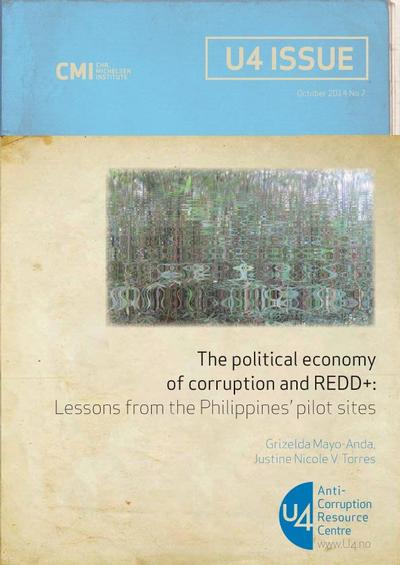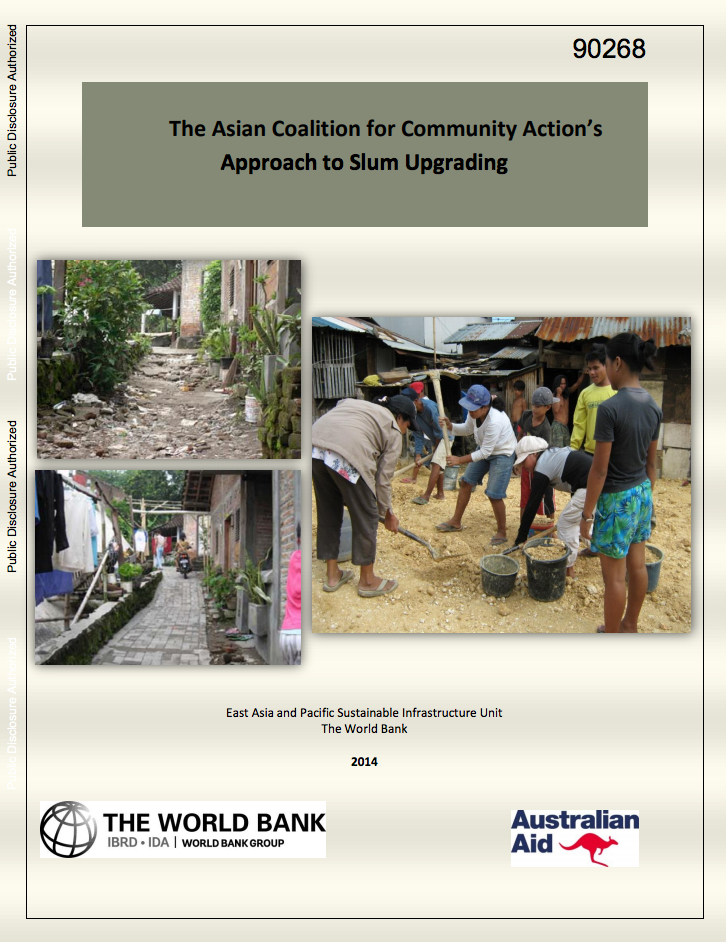Private Sector Development in Iraq : An Investment Climate Reform Agenda
Despite decades of war and instability,
Iraq's abundant natural resources, strategic geographic
location and cultural history endow it with tremendous
potential for growth and diverse economic development.
Driven by windfall oil revenues in recent years the
Government of Iraq (GoI) has invested heavily in rebuilding
infrastructure with abundant oil reserves ensuring steady
progress. However, decades of socialist policies have




